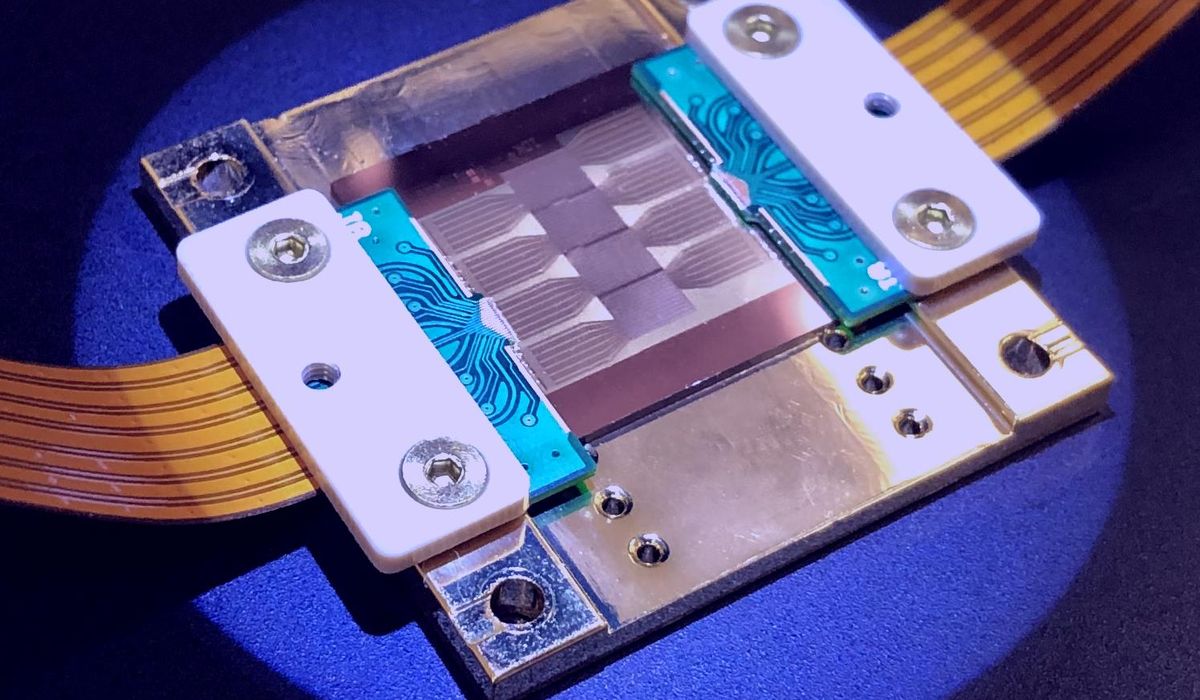


Researchers have developed a groundbreaking system that allows living brain cells to drive robots, marking a significant advancement in biocomputing.
The project, known as MetaBOC, leverages an open-source intelligent interaction system to integrate human brain cells into artificial bodies, New Atlas reports.
Biocomputing, a cutting-edge domain in emerging technology, is gaining attention because of its potential to revolutionize various fields. The principle behind biocomputing lies in the fact that human neurons and computers communicate using the same language — electrical signals.
By cultivating human brain cells on silicon chips, researchers can enable the cells to receive and interpret electrical signals from computers and respond accordingly.
A notable feature of the technology is its ability to facilitate learning. The concept was introduced through the DishBrain project at Monash University in Australia, in which researchers grew about 800,000 brain cells on a chip and placed it in a simulated environment.
The brain cells adapted quickly, learning to play the game Pong within minutes, according to New Atlas. The project’s success led to funding from the Australian military and the formation of a company called Cortical Labs.
The MetaBOC project is a collaborative effort involving researchers from Tianjin University’s Haihe Laboratory of Brain-Computer Interaction and Human-Computer Integration, along with teams from the Southern University of Science and Technology.
• Staff can be reached at 202-636-3000.
